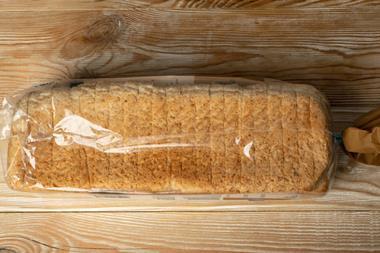
Campden BRI is seeking partners for research aimed at combating the potential risks posed by bacterium Clostridium botulinum in bread products.
Clostridium botulinum (C. botulinum) theoretically has the potential to grow in association with long shelf-life breads and similar products, particularly if they are modified atmosphere packaged (MAP), according the Campden BRI.
The food and drink science organisation is looking for bread producers and retailers who will work with them to identify factors that prevent the growth of C. botulinum on breads to ensure safe products for the consumers.
Analysis will be used to determine the effectiveness of these factors, which will help gauge the risk of new and existing bread products. Part of the project will be focused on contamination levels of ingredients used to make breads.
“When it comes to microbiological safety, many consider baked and part-baked goods generally safe, largely because of the positive experiences they’ve had with these products. However, in theory, these goods can support the growth of pathogenic microorganisms such as proteolytic Clostridium botulinum, which has been linked to human illness,” said Campden BRI microbiologist Phil Voysey, who is leading the project.
“Demand for bread exceeded 50% at one point during the current health crisis, proving it as one of the UK’s favourite staple foods. It also tells us that ensuring the safety of bread has never been more important. So, when considering its microbiological safety, no stone must be left unturned,” Voysey added.
The research will begin on 1 April and run for 18 months. Suppliers and retailers across the bread sector wanting to take part in the research should call Greg Jones on 01386 842143 or email greg.jones@campdenbri.co.uk.
































No comments yet